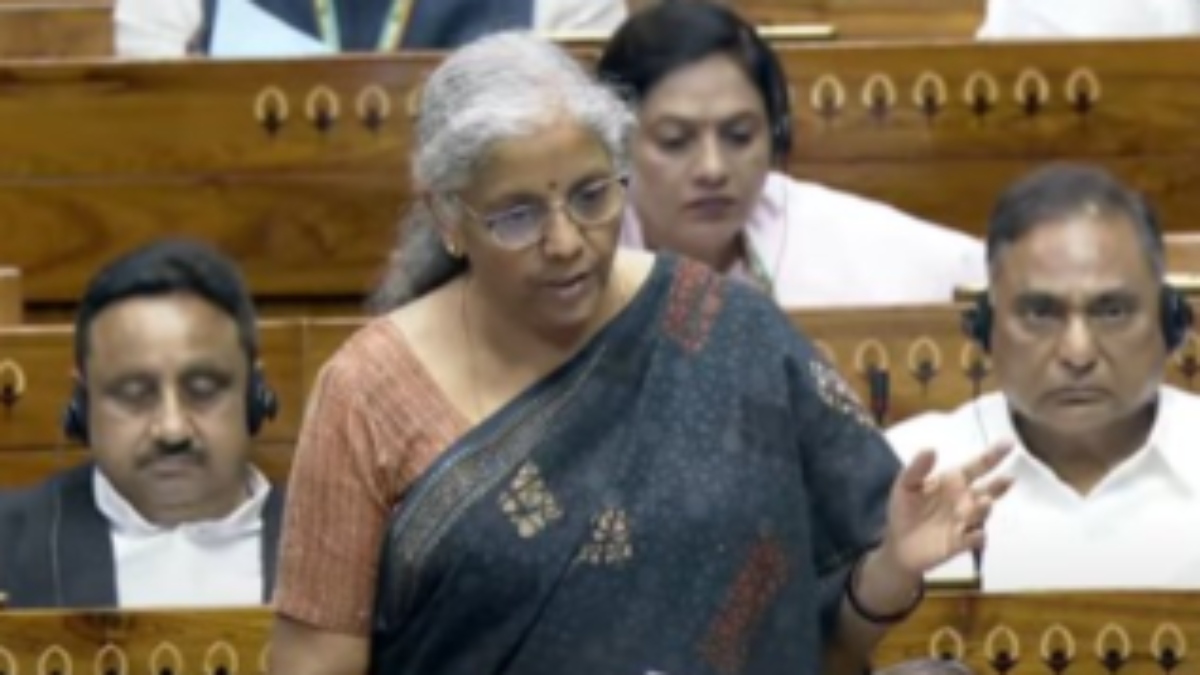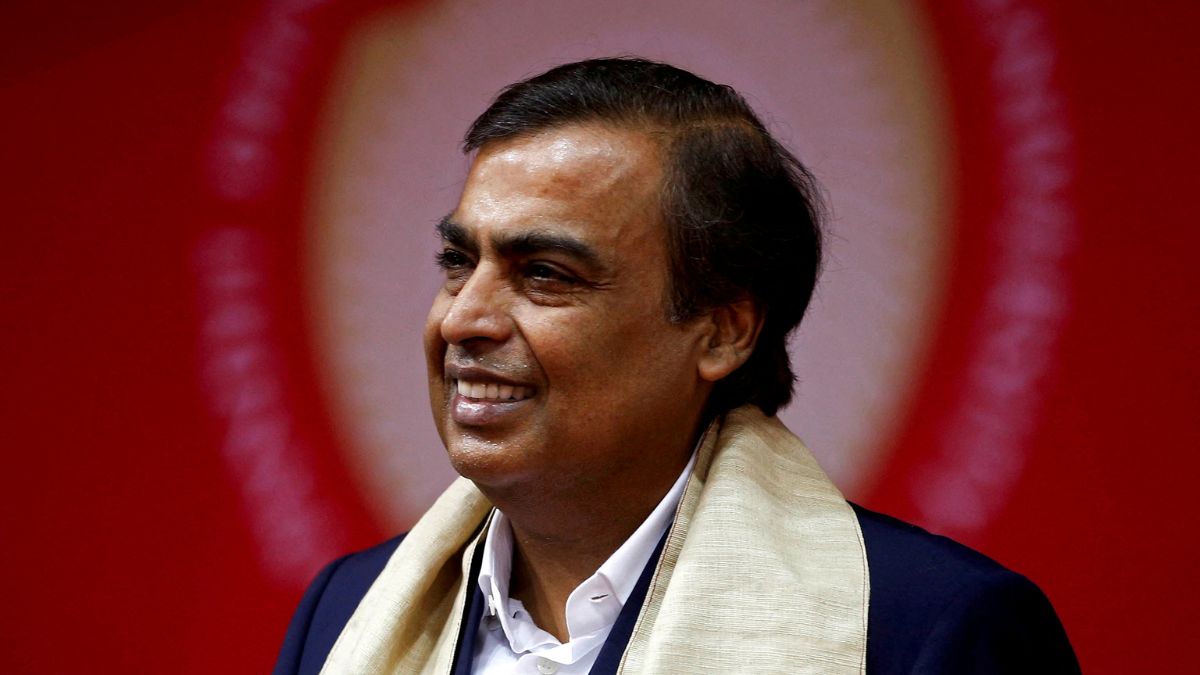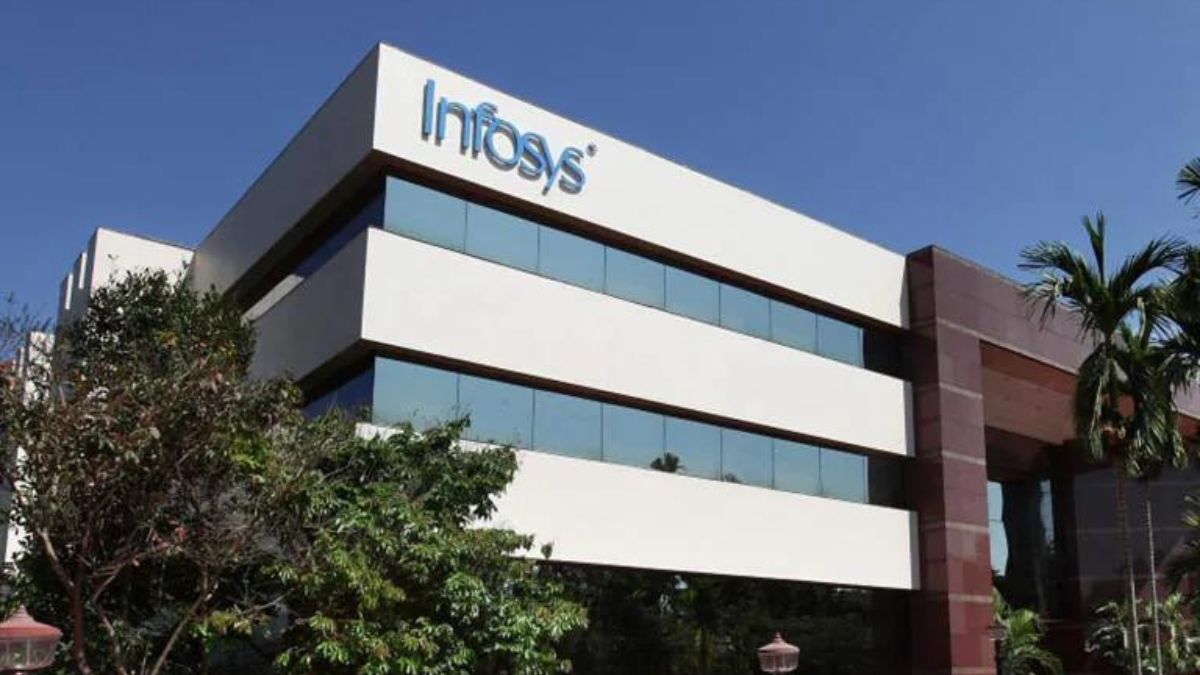As India awaits its Union Budget, the coalition government must balance economic needs and political pressures while addressing post-pandemic recovery and opposition scrutiny read more
)
Union Finance Minister Nirmala Sitharaman in Lok Sabha on Monday. ANI
As India stands on the cusp of unveiling its Union Budget post the general elections, the nation’s citizens hold their breath in anticipation. This budget, in the era of a coalition government with a robust opposition, is expected to be a delicate balancing act, reflecting the multifaceted needs of a diverse populace while navigating the intricate dynamics of political collaboration and opposition scrutiny.
India’s economic landscape is at a crucial juncture. The post-pandemic recovery has been uneven, with some sectors bouncing back robustly while others continue to struggle. Citizens across the socio-economic spectrum are looking towards the government for decisive measures that can foster inclusive growth. The agricultural sector, the backbone of the Indian economy, demands urgent attention. Farmers, still reeling from the impacts of erratic weather patterns and market fluctuations, seek increased support through subsidies, improved infrastructure, and better access to credit. Meanwhile, urban populations are clamouring for job creation, enhanced public services, and relief from rising living costs.
In this environment, the coalition government faces the formidable task of crafting a budget that addresses these diverse demands while maintaining fiscal prudence. The presence of strong opposition parties adds a layer of complexity to this task. The opposition will likely scrutinise every move, seeking to hold the government accountable for its promises and policies. This dynamic necessitates a budget that is not only visionary but also transparent and pragmatic.
A crucial area of focus must be the healthcare sector, which has been under tremendous strain over the past few years. Investment in healthcare infrastructure, access to affordable medicines, and comprehensive insurance schemes are essential to safeguard public health and ensure that the country is better prepared for future challenges. Similarly, the education sector requires substantial reforms and investments to bridge the gap between urban and rural areas, ensuring that quality education is accessible to all.
Infrastructure development remains a priority, as it is vital for sustained economic growth. Projects that enhance connectivity, such as highways, railways, and digital infrastructure, should be accelerated. These initiatives not only stimulate economic activity but also create employment opportunities, thus addressing two critical needs simultaneously.
In the realm of taxation, the government must strive for a balance that promotes economic activity without overburdening the common citizen. Rationalising the tax structure to make it more equitable and efficient could foster a more favourable business environment, encouraging both domestic and foreign investments.
As the coalition government navigates these challenges, it must also be mindful of maintaining social harmony and inclusiveness. Policies that promote social justice, protect minority rights and foster communal harmony are essential for sustaining the nation’s democratic ethos.
The upcoming Union Budget is not just a financial statement but a blueprint for India’s future in a politically dynamic landscape. It is an opportunity for the coalition government to demonstrate its commitment to the citizens’ needs while showcasing its ability to govern effectively amidst opposition scrutiny. A well-crafted budget, balancing economic prudence with social responsibility, could pave the way for a more resilient and prosperous India.
The author is a corporate and legal advisor. Views expressed in the above piece are personal and solely that of the author. They do not necessarily reflect Firstpost’s views.

 1 month ago
13
1 month ago
13
)
)
)
)
)
)
)
)
)
)
)
)
)
)
)
)
)
)
)
)
)
)
)
 English (US) ·
English (US) ·